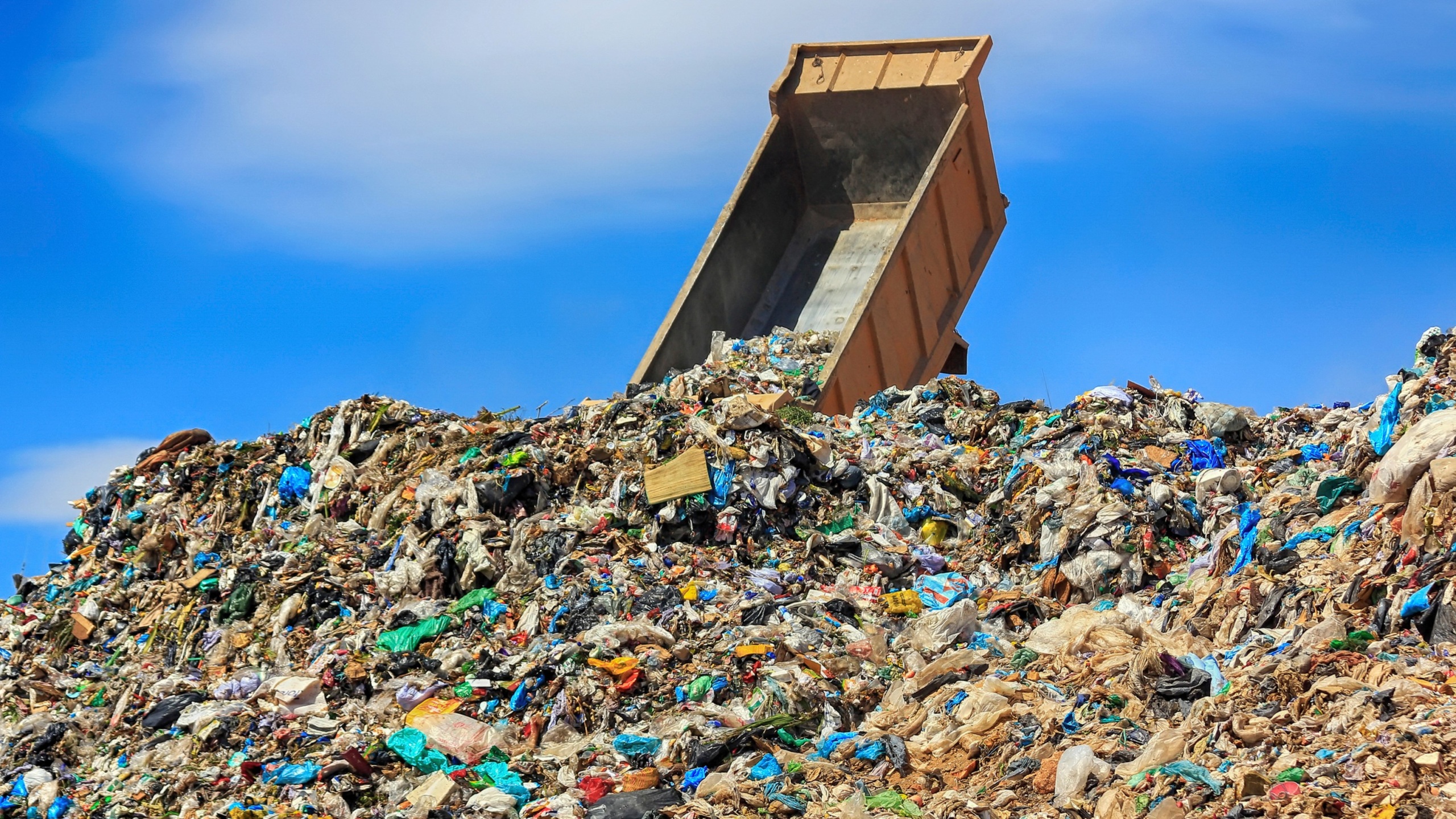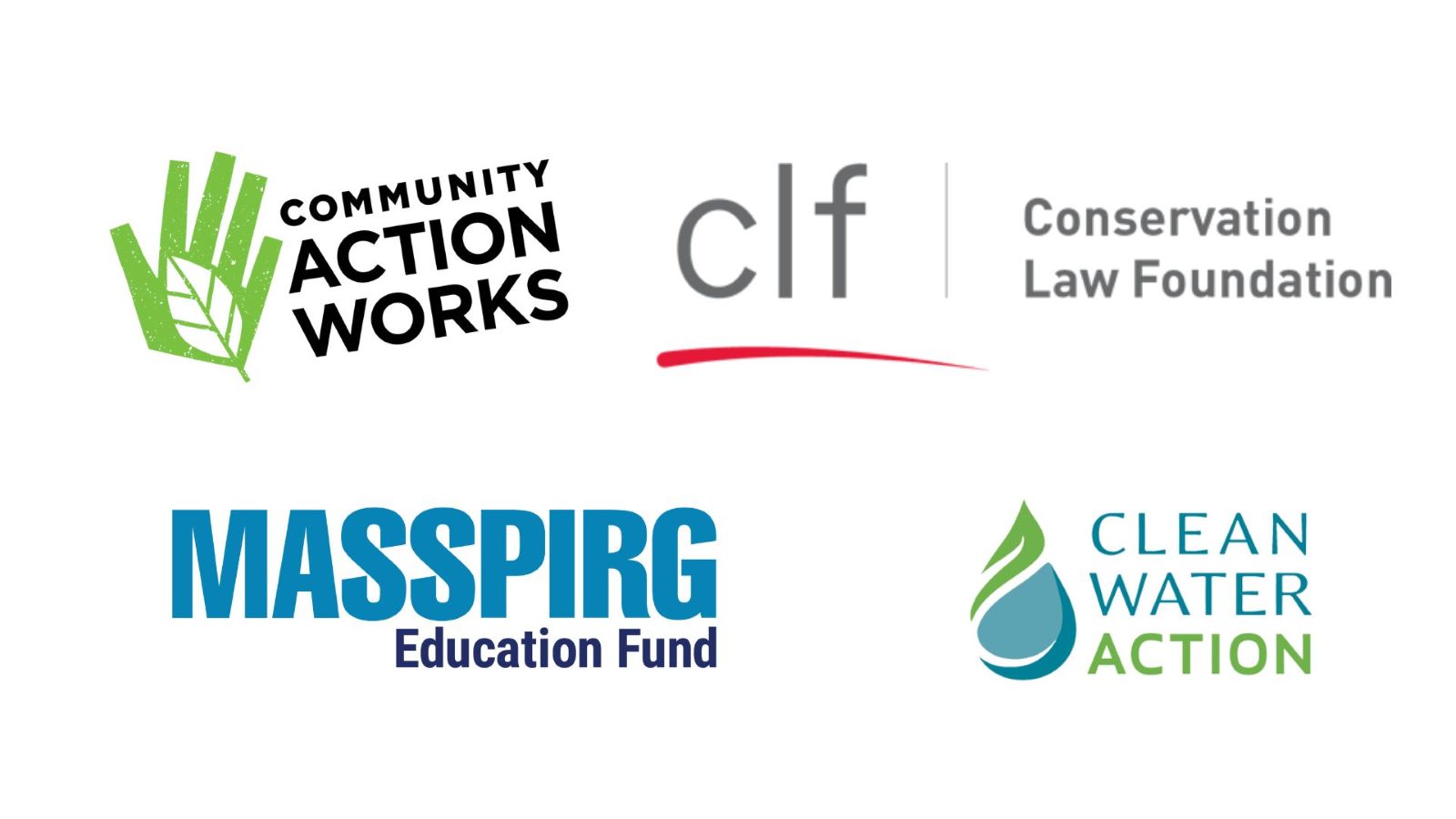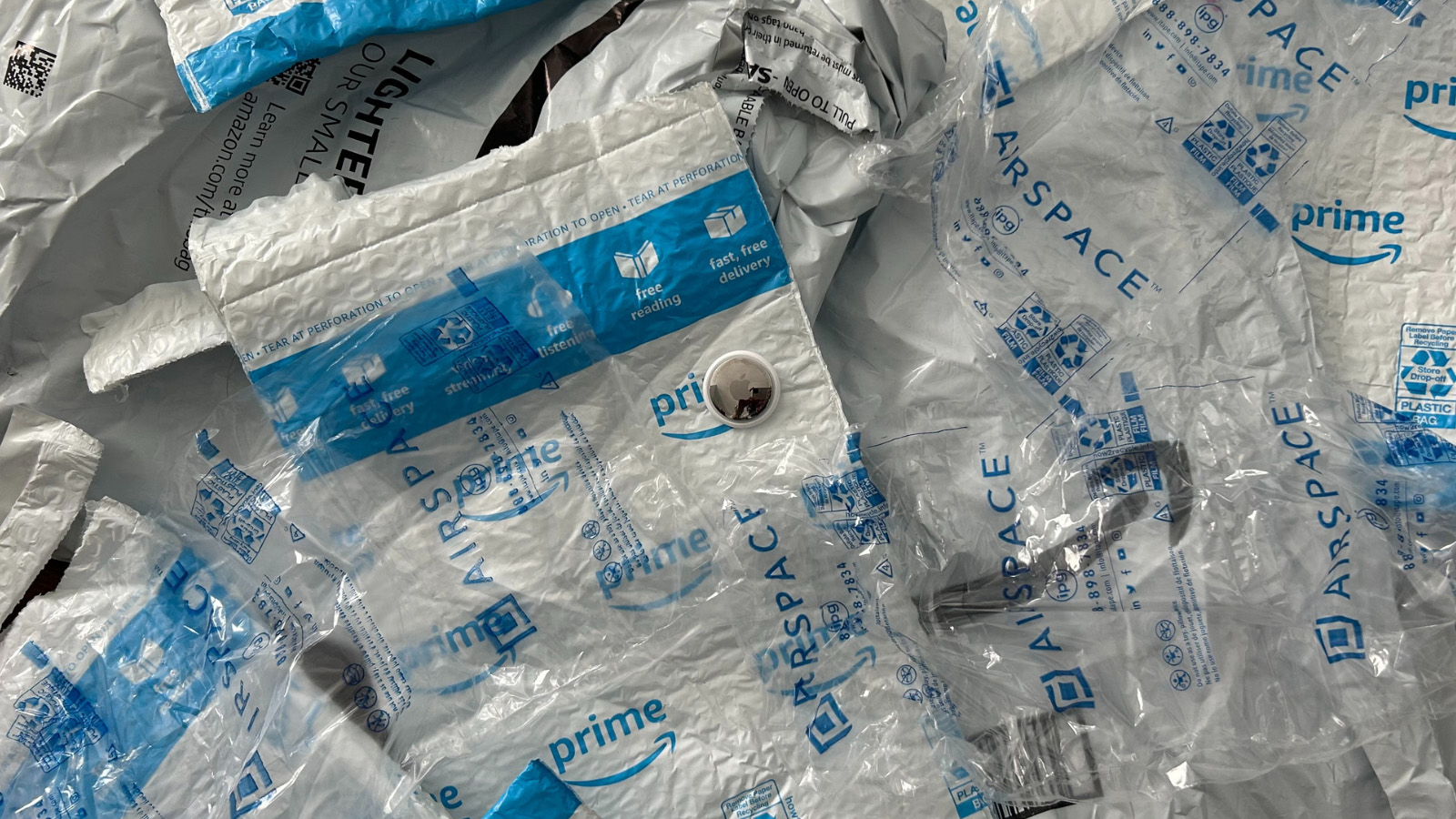
The Need to Enforce Waste Bans in Massachusetts
New report outlines need for more resources devoted to getting banned materials out of landfills and incinerators.

Waste in Massachusetts
Massachusetts faces a host of environmental and public health challenges that will likely take years to solve, require a tremendous amount of resources, and/or cannot be addressed without a regional or even a national approach. But one problem we can clearly solve in the near term is the amount of waste we discard that should be reduced, composted, or recycled. Waste disposal pollutes our environment, hurts public health, and is expensive and unsustainable. We can and must do more to reduce waste in our Commonwealth.
There is no silver bullet; we must deploy several tactics to reduce waste. The goal of this report is to shine a spotlight on the fact that every year in Massachusetts more than 2 million tons of waste (approximately 40% of total waste), which ends up in landfills, incinerators, or as litter,[1] is composed of materials that were banned from disposal long ago by Massachusetts Department of Environmental Protection (MassDEP) regulations.[2] We hope that with more attention on this problem, MassDEP, with help from Massachusetts cities and towns, can launch an effective effort to eliminate this substantial portion of the waste stream.
Among our recommended solutions are:
- Enforce our laws: Add MassDEP waste ban enforcement staff and hold waste haulers accountable by issuing noncompliance orders and issuing fines to violators.
- Separate our waste from recycling and composting: Provide separate bins for residential and commercial buildings to separate our discarded materials.
- Provide state and local education about waste: State and local governments should educate decision-makers and the public, in multiple languages, about what can and cannot be reduced, reused, recycled, composted, and sent for burial or burning.
- Use clear trash bags.
With a spotlight on this problem, public education, increased resources from MassDEP, better infrastructure, and a commitment from municipalities, state legislators, the Governor, and other decision-makers, we can vastly improve the problem of too much banned waste going to landfills and incinerators. Our recommendations can be found in Section C.
[1] https://www.mass.gov/doc/class-ii-recycling-program-waste-characterization-study-april-2020-3/download (see table 3-2 for banned items in the disposal stream).
[2] 310 CMR 19.017.

Topics
Executive Director
Janet Domenitz
Executive Director, MASSPIRG Education Fund
Janet has been the executive director of MASSPIRG since 1990 and directs programs on consumer protection, solid waste reduction and recycling, health and safety, public transportation, and voter participation. Janet has co-founded or led coalitions, including Earth Day Greater Boston, Campaign to Update the Bottle Bill and the Election Modernization Coalition. On behalf of MASSPIRG, Janet was one of the founding members of Transportation for Massachusetts (T4MA), a statewide coalition of organizations advocating investment in mass transit to curb climate change, improve public health and address equity. Janet serves as vice president for the Consumer Federation of America and serves on the Common Cause Massachusetts executive committee, Alliance for a Healthy Tomorrow board of directors, and Department of Environmental Protection Solid Waste Advisory Committee. For her work, Janet has received Common Cause’s John Gardner Award and Salem State University’s Friend of the Earth Award. Janet lives in Cambridge, Massachusetts, with her husband and two sons, and every Wednesday morning she slow-runs the steps at Harvard Stadium with the November Project.
Elizabeth Saunders
Clean Water Fund
Staci Rubin
Conservation Law Foundation
Ryan Proulx
Policy Intern, MASSPIRG
Dartmouth, Class of 2025
Quingyi Ye
Intern, Clean Water Fund
Leigh-Anne Cole
Acting Executive Director, Community Action Works
Find Out More

Truth in recycling

The high cost of fast fashion

Fixed for the Holidays

